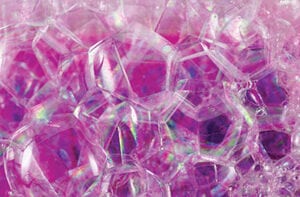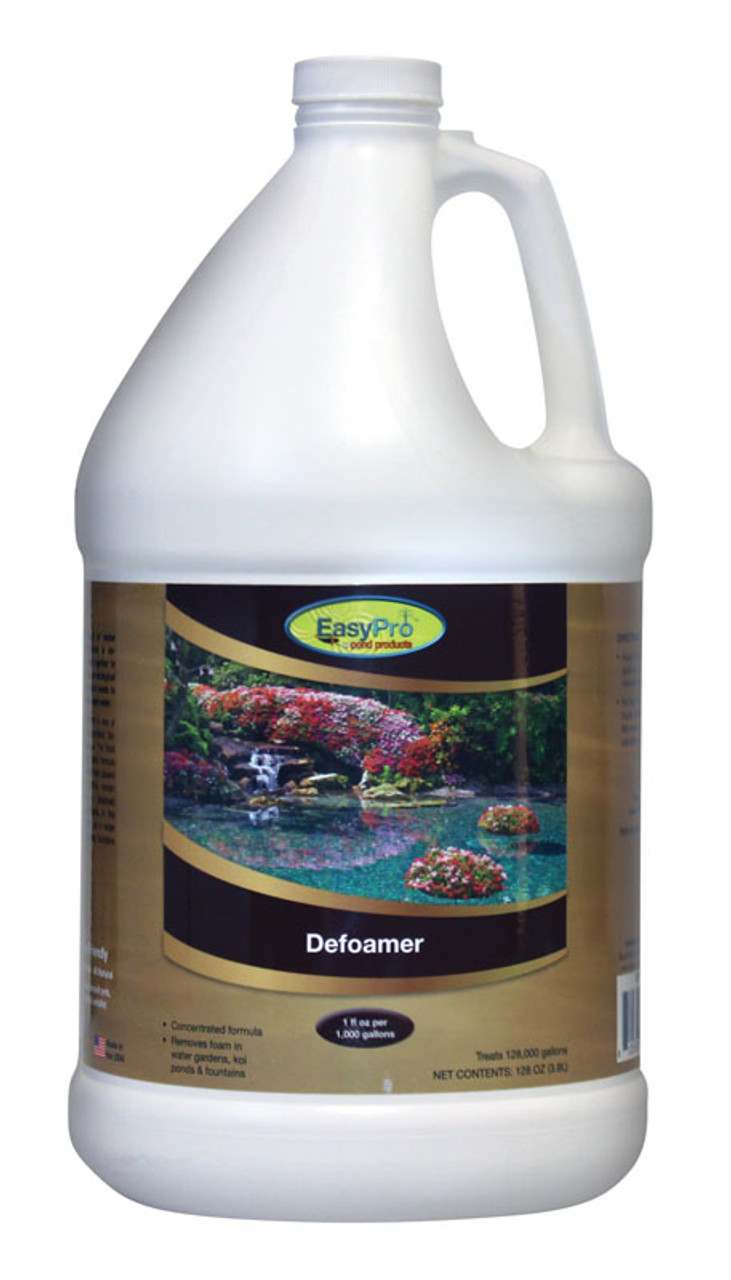How Defoamers Are Used to Prevent Foam in Food and Beverage Production
How Defoamers Are Used to Prevent Foam in Food and Beverage Production
Blog Article
The Function of Defoamers in Enhancing Item Quality and Efficiency
Defoamers serve as important additives that reduce this concern, guaranteeing smoother manufacturing process while boosting the aesthetic and useful qualities of the last items. The selection of the appropriate defoamer can be vital to attaining optimum outcomes, elevating important inquiries concerning solution compatibility and performance metrics that merit additional expedition.
Recognizing Defoamers
Comprehending the role of defoamers is necessary for maintaining product high quality throughout numerous industries. Defoamers are chemical ingredients created to prevent the formation and lower of foam in fluid systems, which can adversely influence processes such as mixing, loading, and surface tension. Foaming can cause inefficiencies, item defects, and endangered aesthetic allure, making defoamers an essential part in making operations.
In industrial applications, defoamers assist to improve item uniformity and stability. In the paint and coatings industry, foam can conflict with the application process and the final coating. In food and drink manufacturing, extreme foam can impede bottling and product packaging performance. The efficient use defoamers not just makes sure smoother manufacturing processes however also adds to superior product efficiency.
Furthermore, the option and formula of a defoamer must straighten with specific application demands, such as compatibility with various other components, effectiveness under varying temperature and pH conditions, and prospective governing constraints. Eventually, recognizing defoamers' functions and their importance in different formulations is important for optimizing manufacturing and guaranteeing the finest quality final result.
Sorts Of Defoamers
Defoamers can be categorized right into numerous kinds based on their structure and system of activity. The main types consist of silicone-based, non-silicone organic, and not natural defoamers.
Silicone-based defoamers are amongst the most effective, mainly due to their capability to spread out quickly on the fluid surface area and interfere with foam formation. Their distinct chemical structure permits remarkable stability, making them appropriate for high-temperature applications and environments with differing pH degrees.
Non-silicone natural defoamers, typically composed of all-natural oils or fats, are valued for their biodegradability and lower poisoning. These are generally made use of in food and drink applications where safety and environmental effect are extremely important.
Inorganic defoamers, which include compounds like talc or calcium carbonate, act by increasing the thickness of the liquid, thus decreasing foam security. They are commonly used in industrial processes where compatibility with various other products is not an issue.
Each kind of defoamer has unique advantages and restrictions, enabling for tailored services depending upon the certain frothing problems run into in various applications. Comprehending these differences is crucial for maximizing efficiency and accomplishing preferred item top quality.
Applications Throughout Industries
Numerous sectors utilize defoamers to improve item high quality and operational efficiency. In the food and drink market, defoamers are important in processes such as developing and dairy products manufacturing to protect against foam development, which can lead to ineffectiveness and product inconsistency. By managing foam, suppliers can guarantee better yield and an extra uniform product.
In the pharmaceutical industry, defoamers play a vital role in the solution of fluid medicines, where extreme foam can hamper mixing and precise application. Their usage helps keep the stability of the solutions and assists in smoother manufacturing processes.
The paint and coverings sector also depends on defoamers to enhance the performance of products during application. By minimizing foam, these additives guarantee a smoother coating and boost the visual top qualities of the last product.

Advantages of Making Use Of Defoamers
While the application of defoamers differs throughout industries, their advantages consistently improve item top quality and procedure performance. One significant benefit is the reduction of foam formation during producing procedures, which can or else lead to production hold-ups and inconsistencies in product quality. By reducing foam, defoamers enable a smoother circulation of materials, promoting Get More Info extra effective procedures and decreasing the likelihood of devices malfunctions.
Furthermore, the usage of defoamers can boost the look and structure of end products. In fields such as coatings, paints, and food processing, too much foam can endanger the aesthetic appearances and total quality, while the ideal defoamer application makes sure an uniform finish and desirable features. Defoamers can add to cost financial savings by reducing waste during production and maximizing the use of raw materials.

Choosing the Right Defoamer
Picking the right defoamer is vital for maximizing production procedures and making certain product quality. The choice of defoamer affects not only the efficiency of foam control but also the overall performance attributes of the final product. Aspects to take into consideration include the sort of application, the chemistry of the solution, and the ecological conditions under which the product will be utilized.
Various markets might call for details defoamer types, such as silicone-based, organic, or polymeric defoamers. Comprehending the compatibility of the defoamer with the key active ingredients is important to stay clear of unfavorable reactions that could jeopardize item honesty. In addition, the defoamer's efficiency in various temperature levels and pH degrees have to be assessed to make sure consistent performance.
Examining the defoamer in small-scale applications can offer beneficial understandings into its performance and suitability. Consideration of regulative conformity, specifically in food, pharmaceuticals, and cosmetics, is vital in picking a defoamer. Eventually, a thorough evaluation of these variables will lead to the selection of a defoamer that not only manages foam effectively yet additionally boosts the high quality and efficiency of the more information final item.
Conclusion

In verdict, defoamers are important ingredients that considerably improve item high quality and performance throughout various sectors. By effectively lowering foam formation, these representatives not just boost operational effectiveness yet likewise add to the visual and practical stability of items. The tactical choice and application of defoamers cause set you back financial savings, optimized source usage, and boosted consumer contentment. In general, the relevance of defoamers hop over to these guys in commercial procedures can not be overemphasized, as they play an essential duty in accomplishing top quality and regular outcomes.
Lathering can lead to ineffectiveness, product defects, and jeopardized visual appeal, making defoamers a vital part in producing operations.

Report this page